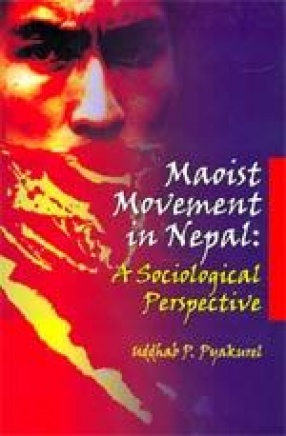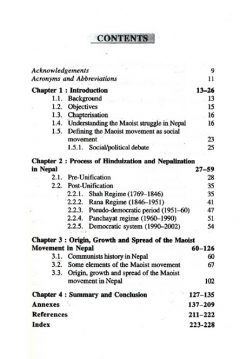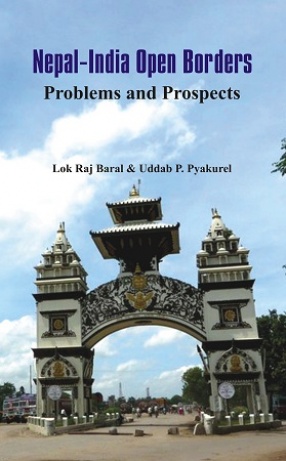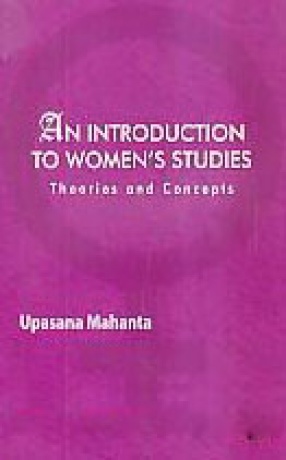"Maoist Movement in Nepal: A Sociological Perspective" examines the state-sponsored discriminatory social practices in the Nepali society on the basis of religion, caste, ethnicity, gender and language which directly and indirectly helped in boosting the eleven-year-long Maoist Movement. the book analyzes almost all the terms which have been used by different scholars for charactering such movements. It examines ideology; environment; organization and strategy of the Maoist Movement. it also critically analyzes the policies and the programs of the major political parties and their different governments during the second tenure of democracy (1990-2002) to address the people’s aspirations. The Maoist Movement has reached a new phase after the king’s February 1, 2005 coup d’etat and the subsequent political developments in the country. The Seven Party Alliance government after the successful Janaandolan-II has helped to bring the Maoist Movement into the mainstream peaceful politics. In this context, the book briefly discusses the shift of the Maoist Movement from insurgency to parliamentary politics. Major decisions, agreements and speeches related to this shift are placed chronologically in the anenx section.
Maoist Movement in Nepal: A Sociological Perspective
In stock
Free & Quick Delivery Worldwide
reviews
Bibliographic information
Title
Maoist Movement in Nepal: A Sociological Perspective
Author
Edition
1st ed.
Publisher
Adroit Publishers, 2007
ISBN
9788187392781
Length
228p., Tables; References; Index; 23cm.
Subjects








There are no reviews yet.